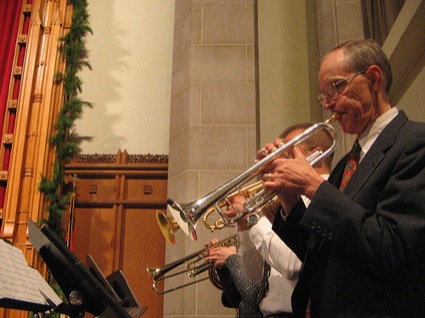I would be traveling to far of lands right now…If I wasn’t stuck at the fogged out airport with a cancelled flight. In the meantime, here is some Billy Collins for ya:
Pensee
All of Paris must have been away on holiday
when Pascal said that men are not happy
because they are incapable of staying in their rooms.It is the kind of thought that belongs in a room,
sealed off from the vanities of the world,
polished roadsters, breasts, hunting lodges,
all letdowns in the end.But imagine Columbus examining the wallpaper,
Magellan straightening up the dresser,
Lindbergh rearranging some magazines on a table.Not to mention the need for everyday explorations,
the wandering we do, randomly as ants,
when we rove through woods without direction
or allow the diagram of a foreign city to lead us
through long afternoons on unpronounceable streets.Then we are like children in playgrounds
who are discovering the art of running in circles
as if they were scribbling on the earth with their bodies.We die only when we run out of footprints.
Then the biographers move in to retrace our paths,
enclosing them in tall mazes of lumber
to make our lives seem more complex, more arduous,
to make our leaving the room seem heroic.





